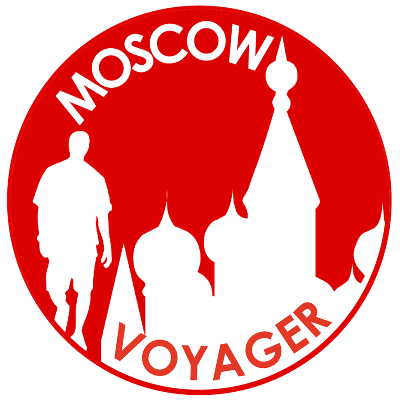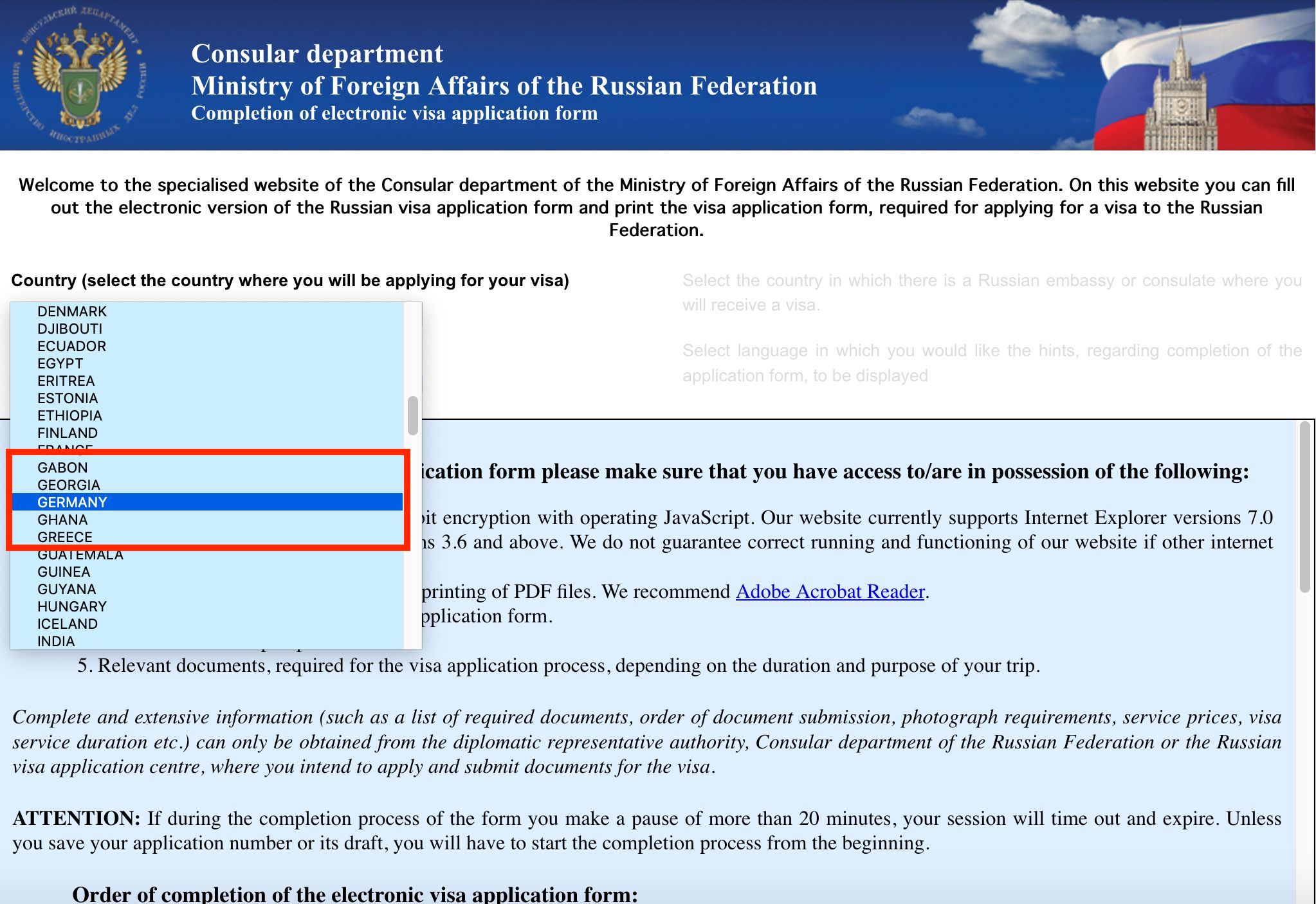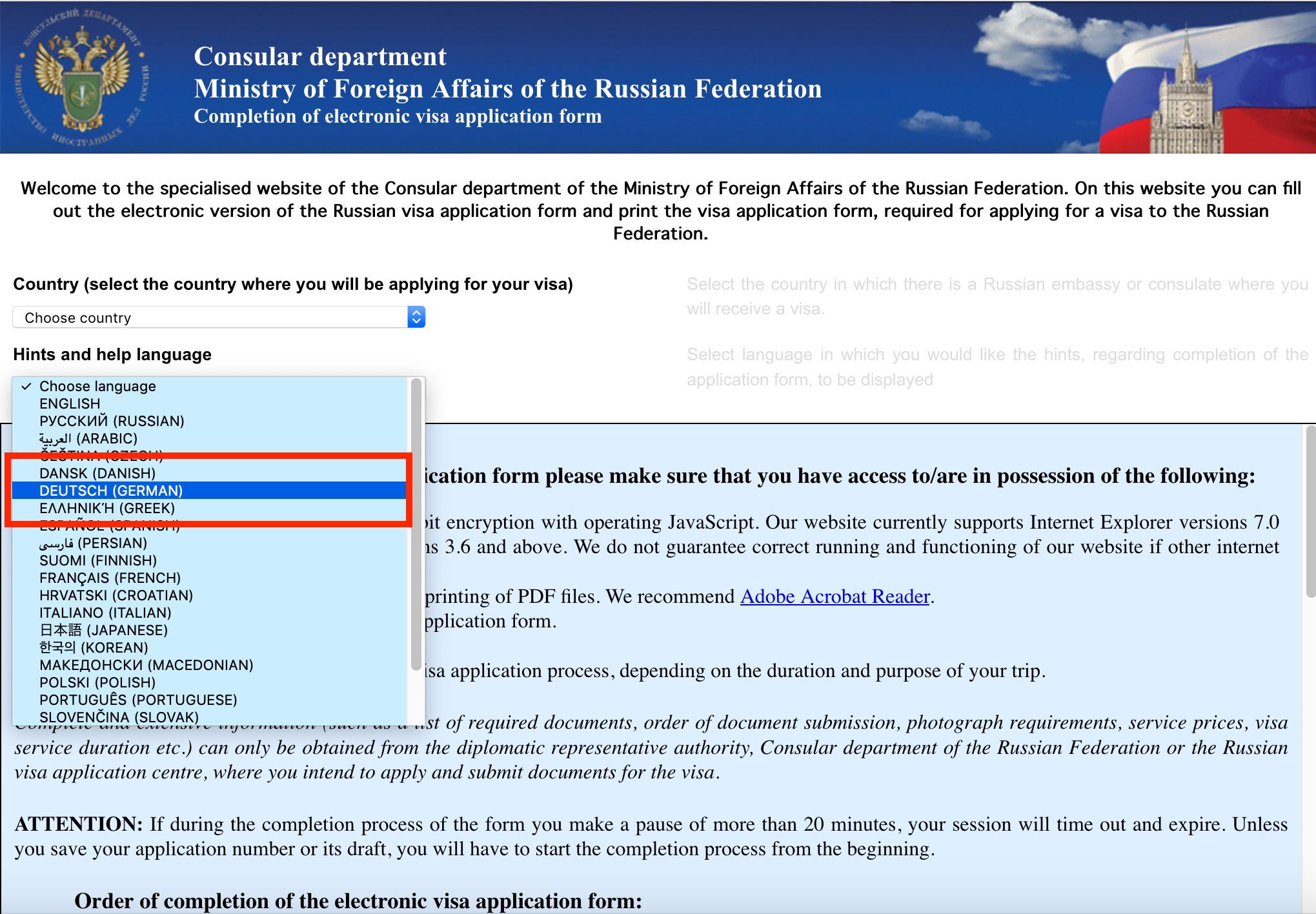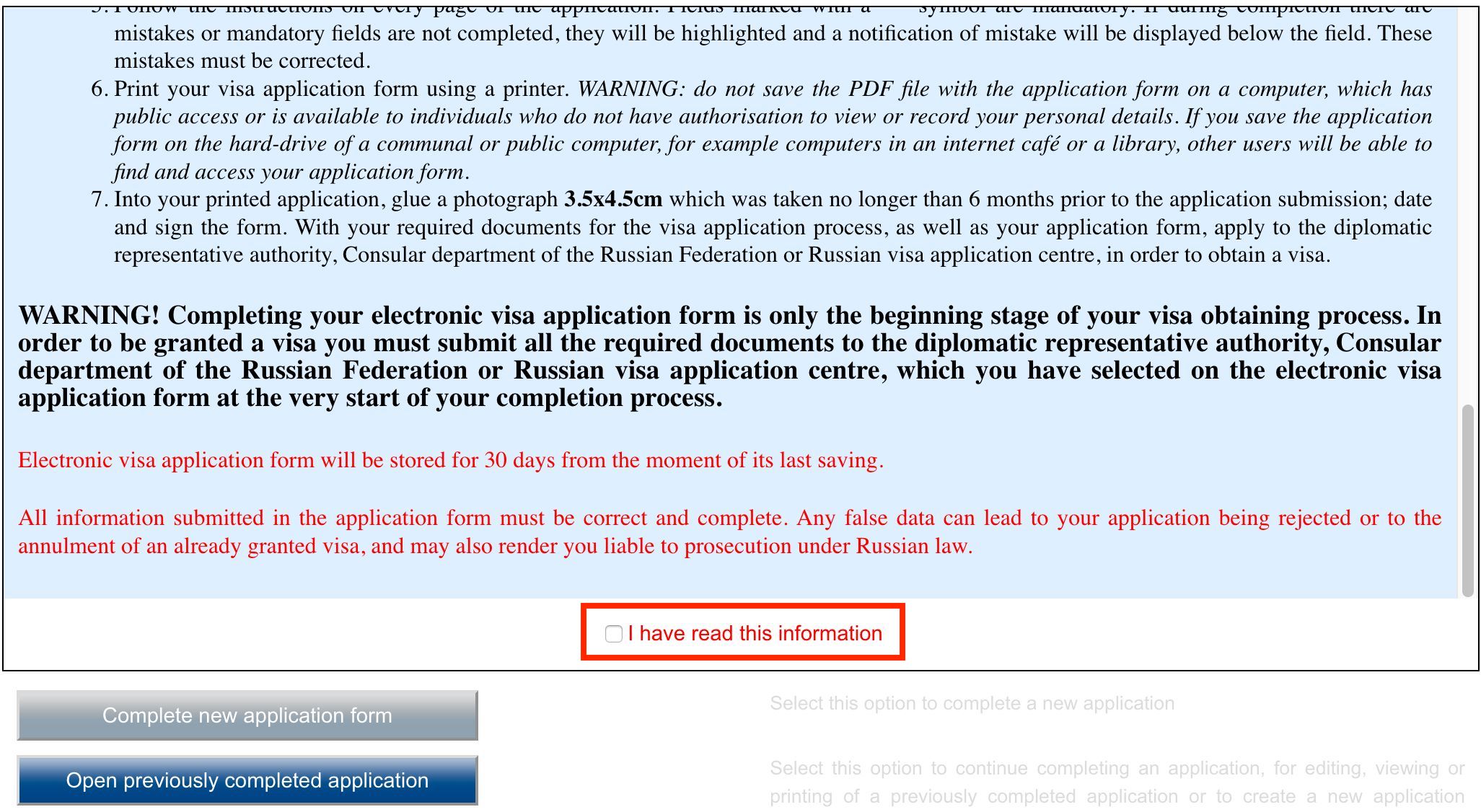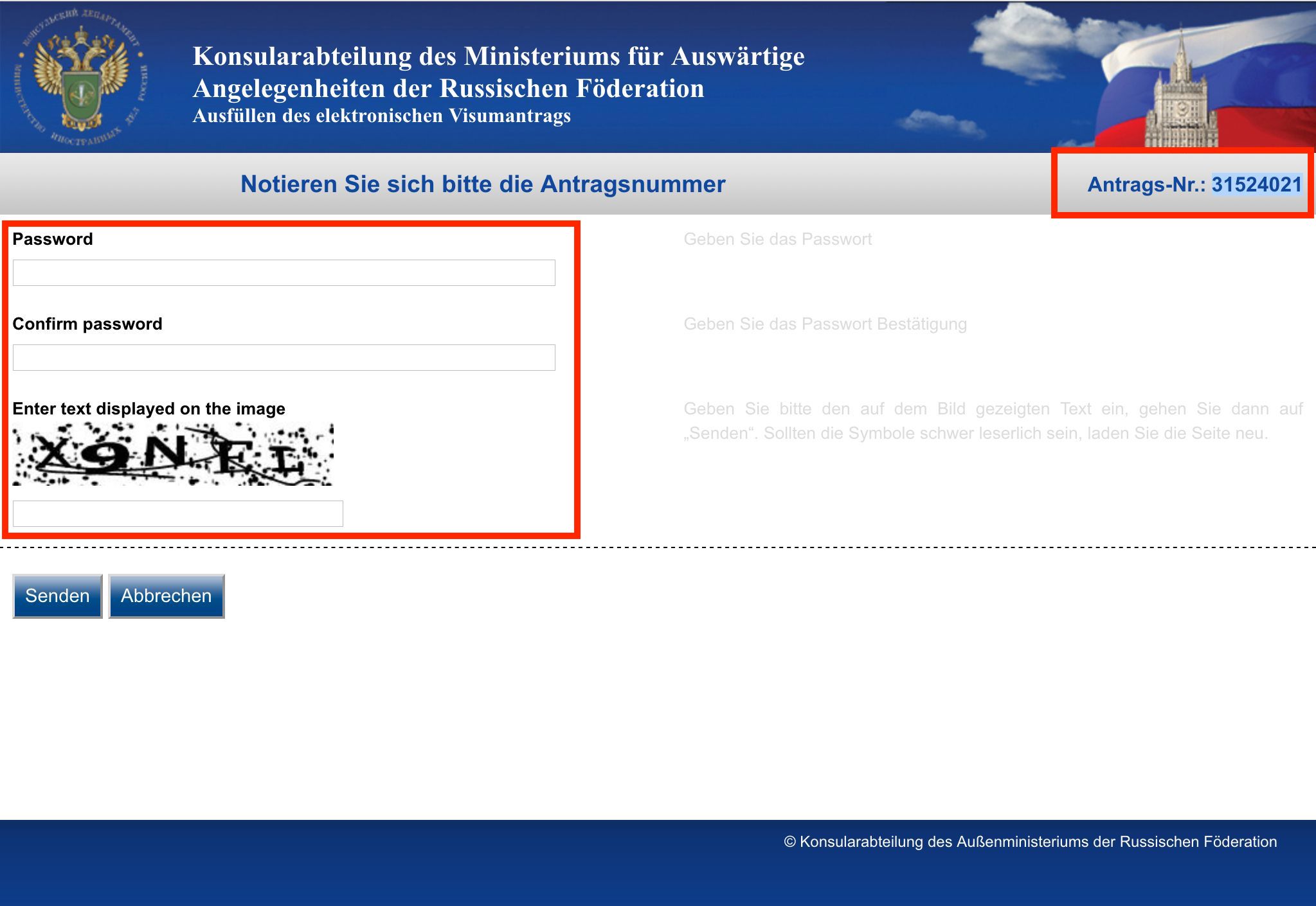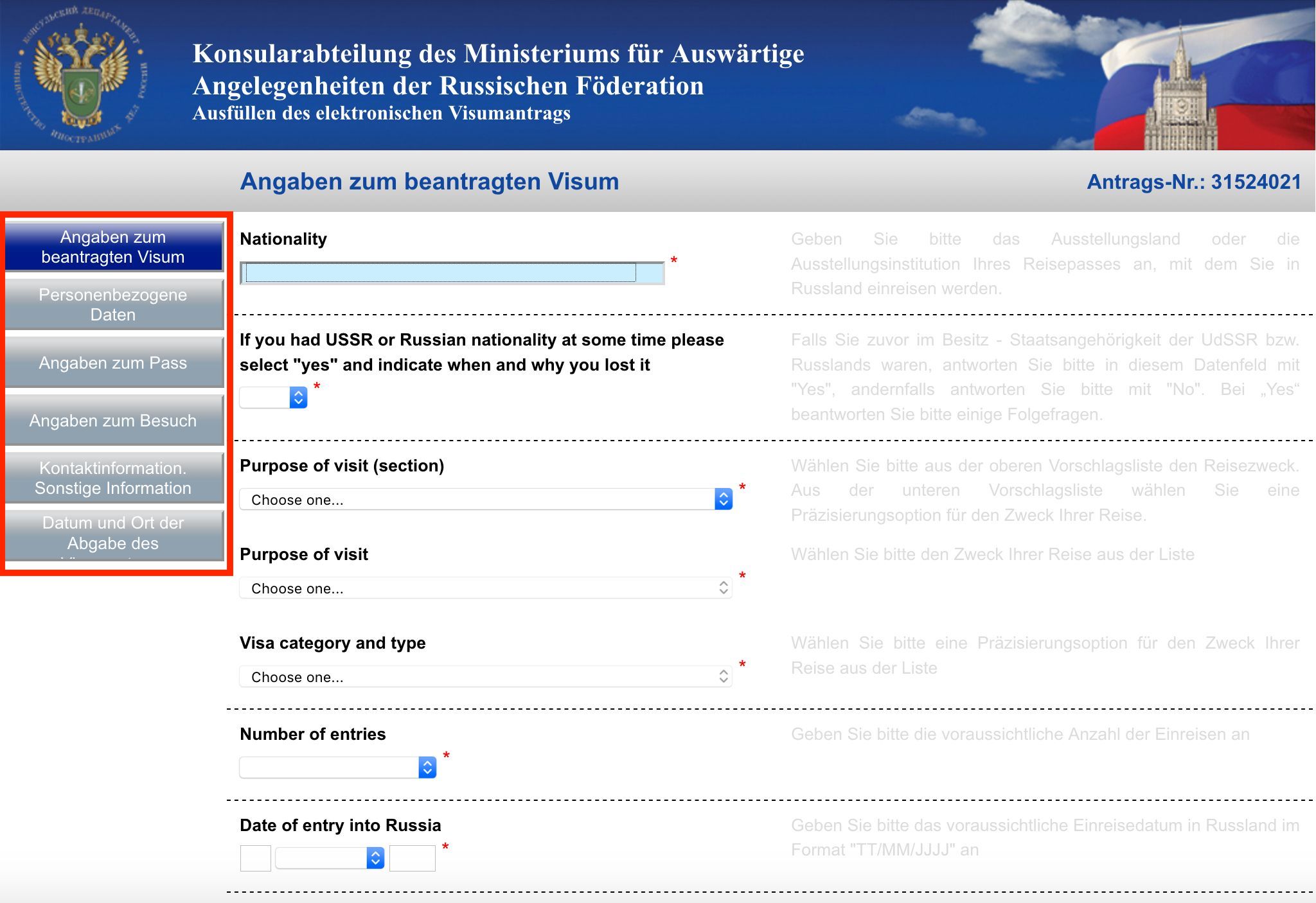How do I get a visa for Russia?
Getting a visa for the Russian Federation is initially a confusing matter, especially for those who travel to Russia for the first time. What about the costs? Which documents do I need? What are the differences between a tourist visa, a business visa and a student visa? What about the invitation you need? Do I have to go to the embassy or consulate myself? Or are there alternatives?
In this article you will learn all the important information about a smooth entry into Russia. Which options are available to you for applying, which options are most likely to save time and effort, where there are legal pitfalls and cost traps to be observed and of course which options are easy for your wallet.
Citizens of a total of 50 countries currently do not need a visa to enter Russia – this includes Bosnia-Herzegovina, Serbia, Ukraine, as well as some other CIS countries, especially Latin American countries, including all countries in South America and South Africa.

Russia tips for foreigners
Russia is still a mystery among foreign tourists, but it is becoming more and more popular year after year. According to the Russian statistical authorities, more than 24,5 million foreigners traveled to the largest country in the world in terms of area last year – whether to the picturesque tsarist city of Saint Petersburg, the fascinating Russian mega-metropolis of Moscow, to the vastness of Siberia, to the beautiful Black Sea coast around the Olympic city of Sochi, or in Europe’s highest mountains, the Caucasus – trips to Russia, whether individually or as a package, are becoming increasingly popular.
A major barrier that still discourages many tourists is the fact that a visa is inevitably required to enter the Russian Federation – the only exception is when international cruise ships come ashore, See more below in this article, where entry without a visa is described more detailed.
Unlike in Egypt or Belarus, for example, the visa cannot be acquired upon arrival at the airport. So as a traveler to Russia, whether as a tourist, businessman or student, you have to take care of the necessary visa and the entry requirements to be observed.
IAll in all, applying for a Russian visa is certainly anything but easy. There are numerous pitfalls on the way to an entry permit and the application takes time and money. But the hospitality of the Russian population, the unique expanse of the country and the special culture make the effort much more worthwhile.
Mini FAQ
Do I definitely need a visa for my trip to Russia?
Foreigners need a visa for a trip to Russia, even for tourist purposes only. With one exception, which is currently valid. As part of a tour group on a cruise ship, foreigners can stay in the Russian tsarist city of Saint Petersburg for 72 hours without a visa.
Tourists need a visa for all further trips to the giant empire. Unless you are a citizen of one of the countries – above all of Israel, some of the former republics of the Soviet Union such as Belarus, Kazakhstan and Armenia, or of South Africa – which can travel to Russia without a visa.
The entire list of the 79 citizenships with which one can travel to Russia without a visa:
- Antigua and Barbuda
- Argentina
- Armenia
- Bahamas
- Barbados
- Belarus
- Bolivia
- Bosnia and Herzegovina
- Botswana
- Brazil
- Brunei
- Cabo Verde
- Chile
- Columbia
- Cook Islands
- Costa Rica
- Croatia
- Cuba
- Dominica
- Dominican Republic
- Ecuador
- El Salvador
- Eswatini
- Fiji
- Georgia
- Grenada
- Guatemala
- Guyana
- Haiti
- Honduras
- Hong Kong
- Indonesia
- Israel
- Jamaica
- Kazakhstan
- Kyrgyzstan
- Laos
- Macedonia
- Malaysia
- Maldives
- Mauritius
- Micronesia
- Moldova
- Mongolia
- Montenegro
- Namibia
- Nauru
- Nicaragua
- Niue
- Palau
- Panama
- Paraguay
- Philippines
- Peru
- Qatar
- Saint Kitts and Nevis
- Saint Lucia
- Saint Vincent and the Grenadines
- Samoa
- São Tomé and Príncipe
- Serbia
- Seychelles
- South Africa
- South Korea
- Suriname
- Tajikistan
- Taiwan
- Thailand
- Trinidad and Tobago
- Tunisia
- Turkey
- Turks and Caicos Islands
- Ukraine
- United Arab Emirates
- Uruguay
- Uzbekistan
- Vanuatu
- Venezuela
- Vietnam
What type of visa do I need?
As a tourist you always need a tourist visa – a business visa, a transit visa, or a humanitarian visa, for example for a cultural exchange, are reserved for special purposes. More on this at http://moscowvoyager.com/russland-visum/#Art_des_Visums
What options do I have to get a visa?
There are basically several options available to get a visa. The classic route via the embassy or a Russian consulate is the cheapest, but also the most difficult. The visa centers that cooperate with the Russian authorities are the second option and are certainly a compromise between traditional administrative procedures and a full-service agency. These agencies do most of the work for a certain extra charge – everything else can be found at http://moscowvoyager.com/russland-visum/#Wie_und_wo_beantrage_ich_mein_Visum
What documents do I need to apply for my visa?
A valid flight ticket is initially not required to apply for a visa. However, as an applicant, you need at least a valid passport, a passport photo that meets the requirements, as well as the completed original application that can be found online (https://visa.kdmid.ru/). The planned travel route with all intermediate stops must also be specified. Everything else about this http://moscowvoyager.com/russland-visum/#Benoetigte_Unterlagen_zur_Beantragung_eines_Visums
Do I definitely need an invitation to get a visa to Russia?
Yes, without an invitation, apart from a short stay in Saint Petersburg by cruise ship, you cannot get a visa and thus cannot enter Russia. However, some visa agencies issue the invitation directly for an additional charge, so that this step is saved. Everything else about the invitation http://moscowvoyager.com/russland-visum/#Einladung_beziehungsweise_ein_foermliches_Ersuchen
What is the best way to get a Russia visa?
It’s not that easy to answer this question. The cheapest, but also the most difficult method is to choose the route to the consulate or embassy yourself. But you have to plan more time for this, make an appointment weeks in advance if in doubt and prepare better so that you really have all the documents together.
The most expensive, but the easiest way is through an agency. Most of the work is done for you, especially dealing with the authorities itself and usually the agency itself issues the invitation. If agency’s service is worth around 50-100 $ more, this way should be preferred.
The privately operated visa centers that cooperate with the Russian authorities are a kind of hybrid route. These charge a comparatively moderate fee, but do not, for example, relieve you of obtaining the required invitation. In the end, you have to decide for yourself – cheap or comfortable and we can’t do that.
Documents required to apply for a visa
Regardless of how you get your visa for entry to Russia and what type of visa you eventually choose, you inevitably need a series of documents that must be presented in full when applying for a visa for all types.
Passport
Without a passport that is valid for at least six months after the desired departure date, you cannot apply for a visa for Russia and accordingly cannot enter Russia, regardless of the purpose. Furthermore, the passport must have at least two completely free pages for the visa, as well as the entry and exit stamps.
Entry with a national passport is not possible under any circumstances. Temporary passports can be used for visa applications and entry purposes, but only if the validity meets the required minimum criteria.
A completed electronic application for a Russia visa
This can be filled in on a special page of the Russian Foreign Ministry – if you have an Internet browser such as Explorer version 7.0 and higher or Mozilla Firefox version 3.6 and newer. The generated PDF document must be printed out and signed by hand and attached to the other documents. Please note that this document is only available in Russian and English.
The information must all be correct, errors and incorrect information lead to complications and possibly even to a rejection of the application. In the course of the application process, personal data such as the employer, the exact job title, previous stays in the Russian Federation, as well as your exact travel route and your accommodations are requested.
Passport photo
A passport photo in the format 3.5 by 4.5 cm must be stuck onto the printed application. It does not necessarily have to be a biometric photo, but headwear or sunglasses must not be worn and the view must be directed towards the camera (no photos in profile!).
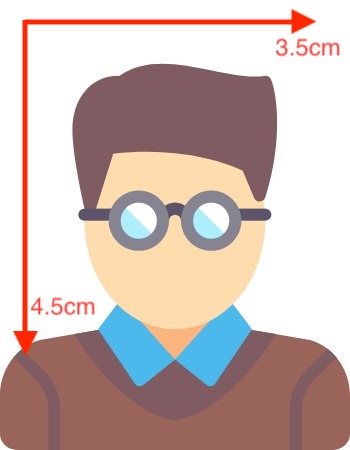
Health insurance
For citizens of the states of the Schengen Agreement, as well as Ireland and Israel, an express and unconditional health insurance requirement applies when entering Russia. The foreign health insurance purchased or already in existence for this purpose must meet certain criteria.
The insurance company must have a reinsurance contract with a Russian health insurance company. When applying for a visa, a written copy of a policy must be present, which, according to the website of the Russian Embassy in Berlin, must have the following characteristics:
- Date the insurance was taken out
- Insurance policy number
- Name and first name of the insured person
- Information about the insurance company
- The period of validity of the policy must cover the entire length of stay in Russia for the issue of a single or double visa and for a multiple visa the length of stay of the first trip
- Overview of the insured medical services, including ambulance transport, including repatriation in the event of death. See example
- The minimum coverage must be EUR 30,000
- Territorial validity area (worldwide, including Russia; Europe, including Russia)
- Signature of the insurer
If your personal international health insurance does not meet these criteria, or if you do not have such insurance for abroad yet, you can purchase insurance at very favorable conditions – you can get – a policy for around $ 25 is valid all year long. If you travel to Russia for a longer stay, for example for a study trip, and relocate accordingly, you have to expect higher costs.
Invitation or a formal request
An invitation or a formal request is usually required to enter Russia. What sounds complicated at first is usually easy to regulate. For tourists, the tour operator can usually take care of this formality for package tours and organize an invitation letter.
Individual travelers usually have to get an invitation issued through one of the accommodations they have booked and send it as a PDF or fax. Depending on the hotel, this causes a processing fee. There are also Internet providers who offer an invitation for a fee (from around 1000 rubles upwards). Some internet service providers advertise that this can be done in less than five minutes. You may apply for an invitation on our web-site: https://durchrussland.de/visa-support/ .
For business visas, a formal request must be submitted to the Russian Chamber of Commerce and Industry or the Ministry of the Interior – more on this in the section entitled “Type of visa”.
Negative HIV test (stays over 90 days)
Even if it sounds unusual at first, travelers who want to stay in Russia for more than 90 days for study, for private purposes, or for business activities, must in any case present a negative HIV test.
Guarantee of willingness to return
Russia also requires visa applicants to provide evidence of their willingness to return. There are no precise criteria for this guarantee, but the Russian Embassy does give some clues: proof of income in the original, proof of existing home ownership, or the registration of your own company (business registration) are therefore sufficient. Bank statements with sufficient funds, a certificate of enrollment or a pension notification are also generally accepted.
For business travelers to Russia who are in dependent employment, a confirmation of the employment relationship by the employer is also required, which confirms both the monthly salary, the position of the employee in the company and the business trip aim. For the self-employed, confirmation of the company’s registration is sufficient.
Type of visa
Depending on the type and length of your stay in Russia, you will need a different visa. In the following section you will learn everything you need to know about the six different visa types, as well as their peculiarities.
Tourist visa
A tourist visa is required for all stays for tourist purposes. Whether it’s just a short city trip to Saint Petersburg, an extensive trip across the country, or even a trip on the legendary Trans-Siberian Railway – a tourist visa is mandatory. For this, in addition to the above-mentioned requirements in terms of passport, completed visa application and health insurance, according to the web presence of the Russian embassy, a confirmation from a Russian operator for package tours, which should usually be available through the local travel agency, with the following features required:
- The number of the travel confirmation must be typed or typographically legible
- Type of visa applied for (once or twice); Nationality; Entry and exit dates for Russia (max. 30 days)
- Surname and first name of the foreign citizen to whom the confirmation is addressed
- Date of birth and gender of the foreign citizen;
- Passport number of the foreign citizen;
- Purpose of the trip (tourism, car tourism, special-purpose tourism, hunting tourism)
- Travel destination and whereabouts; address of the tour operator and its ref. No. According to the list of tourist organizations that organize trips to Russia; Additional information.
This confirmation must be provided in original and with a signature as well as an official stamp from the Russian tour operator and must be enclosed with the application. It consists of the tourist voucher and the confirmation letter. In the case of individual trips, it is necessary to explain the planned route, with the planned whereabouts and, in case of doubt, with booking confirmations for transport and accommodation. If you are traveling on your own, you can also organize the invitation letter from a hotel in which you are not staying at all. At the moment you have to reckon with around 1000 rubles (around $ 14) and more to complete this formality.
Private visa
A private visa, in turn, is issued at the invitation of a Russian citizen, who can formally obtain it from the Russian Interior Ministry. Otherwise, the same conditions for health insurance, application, etc. apply as for the other types of visas.
In the event of a serious illness of a first-degree relative or in the event of the death of a close relative, a simplified and free special arrangement can be used in the express procedure on presentation of a certified medical report or a death certificate.
Business visa
In order to apply for a business visa, in addition to the usual requirements in terms of health insurance, passport, certificate of willingness to return, the additional formal invitation from the Ministry of Foreign Affairs or a formal request must be submitted according to the Russian Embassy can be created by the following institutions:
- A hosting legal entity
- By the host company
- A hosting organization
- A central or local government agency of the Russian Federation
- The organizing committee of trade and industrial exhibitions
- A conference and symposium to be held in Russia
For business travelers, in addition to the usual 90 or 180 day visas for single and double entry, there is also the option of applying for a multiple entry visa over a period of five years. However, after the visa has been issued, the applicant may not be in Russia for more than 90 days per six-month period – for example, during a period of 180 days, only 90 of these may be on Russian territory. But this option should be particularly attractive for business people with intensive contacts in the Russian Federation who do not want to deal with the application process every time.
Student visa
Whether you are going to study medicine in Russia, at one of the country’s excellent medical faculties, or you go as an exchange student to the famous Moscow Lomonosov University, which is known for its excellent engineering courses, as well as its training of political scientists and historians, and above all physicists – seven graduates from this University have already been honored with the Nobel Prize in Physics – Russia is an attractive academic destination abroad. That is why studying in Russia is becoming increasingly popular with young people from around the world. The good news first: Student visas are basically free.
However a few things must be taken into account when applying. In addition to the proof of health insurance, the passport photos and the completed application, the passport, for example, must be valid for 18 months from the desired date of entry (unlike the otherwise required 6 months after the planned departure).
In addition, a written request from a Russian educational institution must be submitted, which ultimately corresponds to an invitation. The following institutions can formally issue this request correctly:
- A Russian host university, academy
- A Russian host institute
- A Russian host school
In individual cases, a valid student ID or an official confirmation of the planned courses can be presented, but this should be discussed with the host university or the embassy. Furthermore, depending on the desired stay, you can apply for a single-entry visa with a validity of 90 days, for a double-entry with a validity of 90 days, or you can choose a study visa with a validity of one year and any number of entries – and departure. Then in turn the submission of a negative HIV test is mandatory. In addition, when studying abroad, you must urgently notify the Federal Migration Service, as non-compliance with this regulation can result in severe penalties.
Humanitarian Visa
A sub-category for humanitarian purposes exists especially for cultural, sporting and school exchanges. The application and the required documents are the same as in the other categories, but instead of an invitation, a formal request is made by a host authority, institution or organization.
Transit visa
If Russia is not the final destination of a trip, but is just on the way, you can apply for a transit visa to travel through Russian territory for a limited period of time. In addition to the completed visa application (see above), a sufficiently long passport, a passport photo and health insurance, the Russian consulate also requires a personally signed transit declaration. Transit visa.
For this purpose, evidence of the planned travel route must be presented, for example train or plane tickets. If a further visa is required for the planned destination country, for example for a journey to China, this must also be presented to the Russian authorities.
Likewise, depending on the precise travel planning, you should consider applying for a transit visa for double entry, in the event that you have to go through Russian territory twice, for example, or via the Kaliningrad exclave (formerly Koenigsberg) and then again via the Schengen area travels to the rest of Russia. However, this is then associated with higher consular fees.
Overall, a transit visa is only valid for 72 hours, unless you are in the same means of transport for a longer period of time, for example on a train journey lasting several days. However, the Russian authorities may then require you to apply for a regular visa, as the route taken is not necessarily the shortest.
If you are changing flights to a third country via a Russian airport on a flight, you do not usually need a transit visa. Unless the airport has no separate transit area or you are on the territory of the Russian Federation for more than 24 hours.
Exceptionally organized shore leave from an international cruise ship
There is only one way to avoid the visa requirement for entering Russia. If tourists travel on an international cruise ship to a number of Russian port cities – more precisely Saint Petersburg, Kaliningrad, Anadyr, Vladivostok, Sochi, Vyborg, Korsakov or Novorossiysk – as part of an organized shore leave, then the Visa is not required up to 72-hours stay.
However, under these circumstances you have to stay with the tour group and therefore not go on your own exploration tours. So even if you are on a cruise, you should consider whether a tourist visa is the better solution.
Special regulation Kaliningrad Region (suspended)
In the Kaliningrad area, the former East Prussia around the city of Königsberg, until January 1, 2017, there was a special regulation for visits of less than 72 hours for which the Russian side did not require a visa. This is also falsely advertised on some websites. After a diplomatic conflict with Poland, this regulation and the reciprocal relief for Russian citizens from Kalinigrad who want to travel to Poland or Lithuania were regrettably abolished, so that since then a visa has also been required for the Kaliningrad exclave. Only Russian citizens do not need a visa in transit between the rest of Russia and Lithuania due to a transit regulation.
Consular fees and processing time
The tiered prices: 40, 65 or 75 $?
The consular fees to be paid depend on the type of visa and the processing time. For a normal application, the fee is $ 40, which is usually processed within ten calendar days. However, the Russian Embassy advises that, in exceptional cases, this processing can be extended to up to 30 days upon closer examination. In the express procedure, where processing takes place within three working days, the fee is $ 75.
Private and business visas for a stay longer than 90 days cost the applicant $ 65 regardless of the processing time. These prices apply to citizens of the Schengen countries and may vary considerably for third country nationals.
Single, double or multiple entry
Depending on the planning of the trip and the stay, you can apply for a visa for single, multiple or multiple entry. This has no influence on the fee scale.
Free of charge only in exceptional cases
Close relatives of Russian citizens, i.e. parents, spouses, children and grandparents, do not have to pay any fee. The same applies to those arriving for study purposes, whether on a student exchange or a semester abroad. Disabled persons and accompanying persons also travel for free. Other “humanitarian cases”, such as deaths of relatives or entry for the purpose of medical treatment, are also free.
How and where do I apply for my visa?
Application via embassy / consulate
The classic way to get a visa is to apply through a consulate or the Russian embassy..
In addition, the appointments sometimes have to be arranged weeks in advance and if you are unlucky you have to come several times because of overcrowding. Without a doubt, the route via the official consulates is the cheapest, as only the actual consular fee is incurred and there are no additional charges from private providers, but this route is certainly also the most idle and time-consuming.
The online presences of the Russian consulates and embassies meanwhile even refer to the possibility of using the services of the privately operated, but also profit-oriented visa centers that cooperate with them. They also accept postal applications. Sometimes the websites of the consulates redirect you to the pages of the privately operated visa centers without warning, which gives the impression that you have to process your application through them. However, all consulates still offer the classic option of applying for the visa yourself.
Application via visa centers cooperating with embassy / consulates
Postal processing has been outsourced by the Russian embassies and consulates in many countries to so-called visa centers. These official partner companies of the Russian missions abroad are privately organized, but work officially with the Russian institutions, which also actively advertise the application there on their online presence.
Application through an agency
For example, while you usually have to pay $ 65 for the consular fee and the service surcharge via the official channels of the visa centers, the agency requires at least $ 100 without offering any added value. For a quick visa, you have to spend up to $ 250.
That is why it is important to take a close look at the providers, to compare the various agencies and not to be trapped by both black sheep and overpriced service providers.
Regulations to be observed during and after entry
Even when entering Russia, as well as later on in Russia, there are still some pitfalls to be aware of, which can become uncomfortable as a tourist and possibly cost dearly.
Duration of stay
When applying for a visa, the length of stay should be carefully considered, the visa applied for accordingly and a buffer should be expected. Because of the Russian authorities pay close attention to compliance with the permitted duration of stay when entering and leaving the country.
For example, those who travel by night train or night bus from Moscow or St. Petersburg to the Baltic States to Riga or Vilnius sometimes only arrive at the actual border after midnight and have broken the law – if the visa has only been booked by the actual day of departure. Such cases are by no means uncommon and as a result, in addition to considerable penalties and entry bans of up to five years, there can be significant further costs and delays in the return journey.
It is therefore worth planning with a few days of buffer – as a rule, the visa does not cost more and is also not more difficult to obtain.
Passport required
In Russia, identification is required at all times. As a foreign citizen, you are always obliged to have your passport and visa with you. To be on the safe side, copies should be kept in the hotel so that in the event of loss, a replacement can be obtained from consular authorities.
Migration card
In addition, there is a general reporting obligation in Russia – this applies to tourists and other foreign travelers who stay in Russia longer than seven working days. If you stay in a certain location, for example in Moscow, for longer than seven working days, you must report there. For a round trip of more than seven days, registration can be made at any location. In case of doubt, this can and should be done via a hotel, which will eventually de-register you – but the traveler can do this himself via an office of the Federal Migration Service or at a post office.
Failure to report this can lead to complications with the departure, penalties and entry bans of up to five years.
Special case entry via Belarus
As a rule, there are no border controls between the friendly states of Russia and Belarus, as there is free movement of people between the two countries. Comparable to the countries of the Schengen states, a Belarusian traveling to Russia does not have to show a passport. However, third-country nationals entering Russia via Belarus must inevitably undergo a control.
Even if the person entering the country has a valid Russian visa, entry across the open border between Russia and Belarus would be equal to illegal entry and thus a criminal offense. This would result in severe penalties and an entry ban of up to five years. Therefore, entry into Russia via Belarus must necessarily take place via a few border crossing points that are open to international traffic, or by plane.
